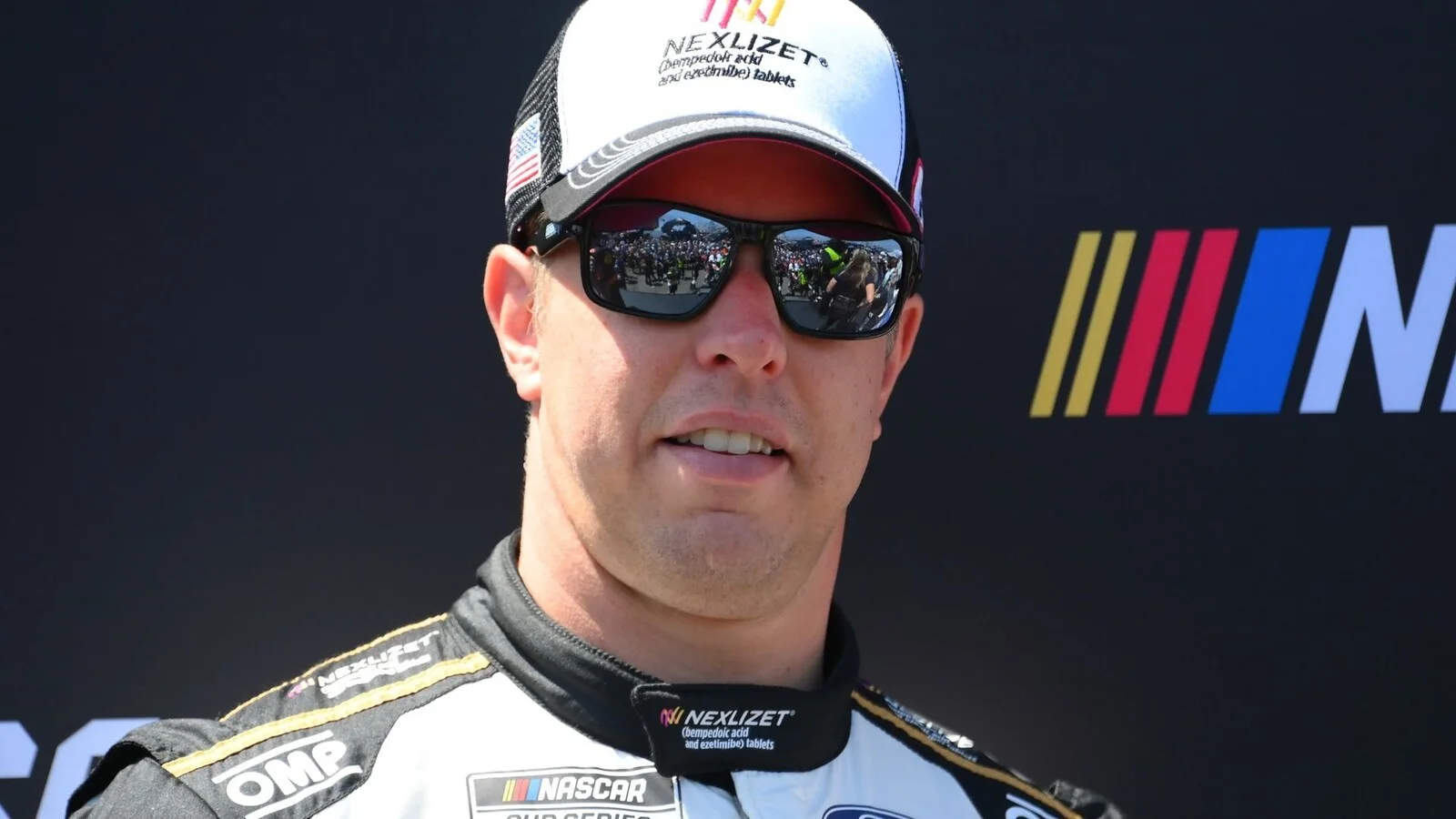Brad Keselowski recently criticized the current Brad Keselowski NASCAR playoff format, arguing that the system values consistency over victories and does not prioritize wins once the postseason begins. Speaking after the latest race developments, Keselowski highlighted his concerns about how drivers are advancing further in the playoffs through points accumulation, rather than race wins, reflecting deeper issues within NASCAR’s approach to the championship chase.
Keselowski Questions Playoff Structure and Emphasis on Consistency
RFK Racing’s Brad Keselowski has observed major changes in NASCAR’s playoff structure, emphasizing that the current format inverts its original intent. He indicated that while the regular season rewards victory, playoff advancement is now more about consistently scoring points than crossing the finish line first in each race. This critique comes as the playoff race dynamic plays out among top drivers and their crews.
This tension was exemplified during the race at Gateway, where Christopher Bell expressed frustration despite finishing seventh. Bell’s crew chief celebrated the valuable points, while Bell expected more given his race-winning equipment and the recent successes of teammates Chase Briscoe and Denny Hamlin, who both notched first-place finishes in earlier playoff rounds. This highlights the ongoing debate among competitors over whether aiming for maximum consistency or taking risks for a win offers a better path to the championship.
Joey Logano’s performance offers a real-time example of the playoff points game. Entering the postseason with just one regular-season win, Logano’s string of consistent top-five finishes across three rounds has secured his continuing presence in the championship run. He currently sits sixth in the standings, only one place behind Denny Hamlin, who holds the most wins this season. The strategic importance of consistency, even over outright victories, is thus playing out at the highest levels of the sport.
Unlike some of his rivals, Keselowski failed to qualify for the current playoffs but demonstrated his competitive edge by finishing second at the playoff race in Bristol. Reflecting on this on the Stacking Pennies podcast, he stated,
“I’ve had like eight second-place finishes in the last two and a half years. And that, you know, you got to make your seconds, wins in the sport. You know, the format until you get to the playoffs is about winning.” [36:17 onwards]
He went on to add,
“It’s strange to me that it’s all about winning until you get to the playoffs. And it’s not at all about winning once you do get in the playoffs. It’s about consistency, like raising your points threshold to a certain number to advance….It’s completely inversed of what I think it was represented to be at least on the onset of where winning matters more in the regular season, less in the postseason,” Brad Keselowski added.
These remarks echo a growing sentiment among drivers and teams. Joey Logano also acknowledged during an interview with SiriusXM NASCAR Radio that relying on points accumulation can be a more reliable strategy for surviving the playoff rounds than focusing solely on race wins.
Kritique of NASCAR’s Revenue Strategies Amid Slumping Popularity
On the same podcast episode, Keselowski also addressed wider concerns about NASCAR’s financial health, particularly the reliance of race tracks on television revenue. According to NASCAR reporter Steven Taranto, Keselowski expressed concerns about race tracks’ inability to generate independent income, commenting,
“The tracks aren’t able to generate revenue on their own, they’re wholly reliant on the TV money… They’re comfortable with that which is the scariest part of all,” Brad Keselowski said.
This observation comes as NASCAR confronts a decline in television ratings and overall viewership. Recent figures underscore this issue: the Mobil 1 301 event at New Hampshire Motor Speedway drew a 0.70 rating with 1.29 million viewers—down sharply from the previous year’s 1.0 rating and 1.88 million audience. The simultaneous scheduling of NFL and Formula 1 events has added competitive pressure on NASCAR’s audience numbers, while interest in the playoff structure itself appears to be waning among fans.
What the Shift Means for NASCAR and Its Future
The ongoing debate over the Brad Keselowski NASCAR playoff format spotlights broader questions about the direction and priorities of the sport. As drivers like Denny Hamlin, Chase Briscoe, Christopher Bell, and Joey Logano adapt to the evolving points-first philosophy, the traditional emphasis on race wins is taking a back seat. This structural change, paired with increasing dependence on television revenue and decreasing track-side earnings, poses significant challenges for the sport’s future growth and fan engagement. The evolving playoff landscape and financial pressures are likely to fuel further discussion among drivers, organizations, and stakeholders as NASCAR charts its course in a more competitive and fragmented sports marketplace.

